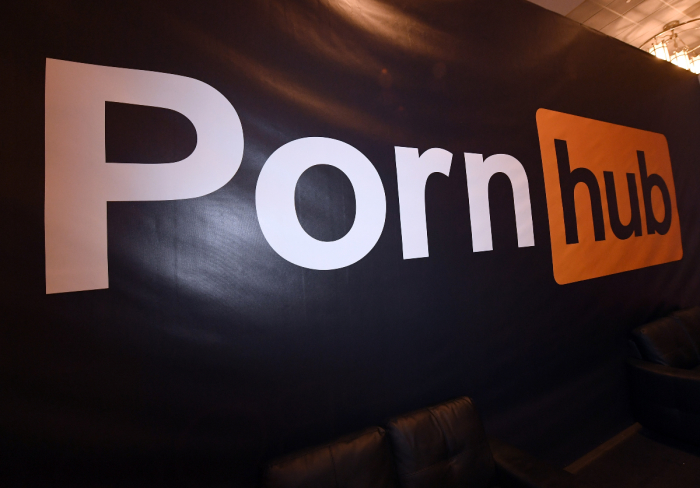
The number of internet users accessing pornographic websites in the United Kingdom fell by nearly half in the first two weeks after the country’s communications regulator, Ofcom, began implementing new age verification regulations on July 25.
Pornhub, the most-trafficked porn website in the U.K. and the 18th most-visited website in the world, hemorrhaged approximately 1.2 million — or 47% — of its British viewership as of Aug. 8 compared to July 24, according to data from the web analytics firm Similarweb first reported by The Financial Times.
Under the Online Safety Act, which was passed in 2023, those in the U.K. who desire to patronize major porn sites must provide proof of their age with steps that include uploading their ID, credit card information or a selfie screened by facial recognition technology for approximate age.
Among U.K. children aged 8-14, 8% have accessed online pornography within the past month, and the figure jumps to 19% among 13 to 14-year-old boys, according to Ofcom. The government regulator also estimates 14 million people in the U.K. watch online porn.
Other prominent porn sites have also plummeted in traffic since the enforcement went into effect, with data showing XVideos and xHamster experiencing a 47% and 39% decrease in traffic, respectively.
Critics of the age verification law have argued it does little to protect underage users, but instead drives people to seek more extreme pornography on the shadier, unregulated fringes of the internet, such as the dark web.
“As we’ve seen in many jurisdictions around the world, there is often a drop in traffic for compliant sites and an increase in traffic for non-compliant sites,” a spokesperson for Pornhub said, according to the BBC.
Many in the U.K. are attempting to bypass the new strictures by utilizing a virtual private network (VPN) through apps that conceal one’s location by using a foreign IP address. Proton VPN saw a 1,800% increase in UK-based users using their app in the first three days after the age verification rules went into effect, according to The Verge.
Since 2023, 24 U.S. states have passed similar age verification laws to protect children from access to major porn sites, which prompted Pornhub’s parent company, rebranded under the name Aylo, to block IP addresses in such states altogether in protest. In June, the U.S. Supreme Court ruled 6-3 in favor of upholding the constitutionality of such a law in Texas.
In May, the National Center on Sexual Exploitation (NCOSE) Law Center helped file lawsuits on behalf of a minor child against several porn sites that allegedly violated Kansas’ age verification law. According to NCOSE, these lawsuits are the first in the nation seeking to hold alleged violators of age verification laws accountable.
“It is unreasonably dangerous for these pornography websites to provide this product which they know is harmful to children, that children are drawn to access, and do access, without employing age verification as required by Kansas law. Our plaintiff deserves every measure of justice,” NCOSE Law Center Director Dani Pinter said.
Ronald DeHaas, who founded the subscription-based porn accountability software Covenant Eyes in 2000 when he first discerned online porn would be a problem for young men, especially, told The Christian Post in an interview last year that porn addiction has become a “civilizational crisis.”
DeHaas, an elder in the Evangelical Presbyterian Church, pointed to the 2016 Barna study titled “The Porn Phenomenon,” which found that pornography consumption is rampant even among Christian churchgoers, and that “most churches do not have programs specifically designed to assist those struggling with porn use.”
The Barna study, conducted along with the Josh McDowell Ministry, found that 93% of pastors and 94% of youth pastors believe porn is a bigger problem in churches than it was two decades ago, and that 57% of pastors and 64% of youth pastors have personally struggled with it either currently or in the past.
Of the pastors who were still struggling with porn, 87% said they felt great shame about it, and 55% said they live in constant fear of their sinful addiction being exposed.
Jon Brown is a reporter for The Christian Post. Send news tips to jon.brown@christianpost.com















